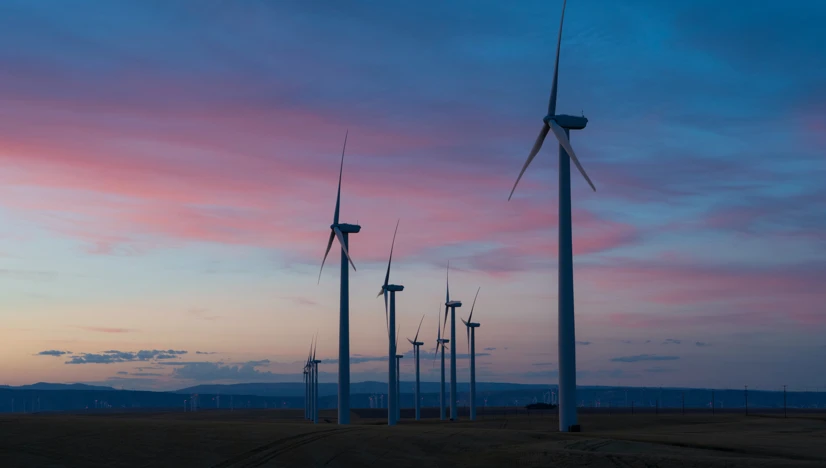De-Growth vs a Green New Deal
New Left Review, 2018
In this essay, Professor Robert Pollin explores the short falls of the degrowth perspective in handling the impending environmental collapse as well as elaborates on the efficacies of a green new deal. He argues that the degrowth school has not provided a clear framework for climate stabilisation and thus a green new deal is a better alternative to follow. He not only argues that a green new deal provides an avenue for providing more employment opportunities and raising the living standards of people, especially in developing countries but he also addresses prevalent concerns critics have had with the green new deal.
Comment from our editors:
This article talks about the debate between progressive scholars on how to handle the environmental crisis. I feel its a necessary piece as it also shows that even within the heterodox circles, there is engagement and debate that takes place and that progressives themselves are not heterogenous.
Go to: De-Growth vs a Green New Deal

